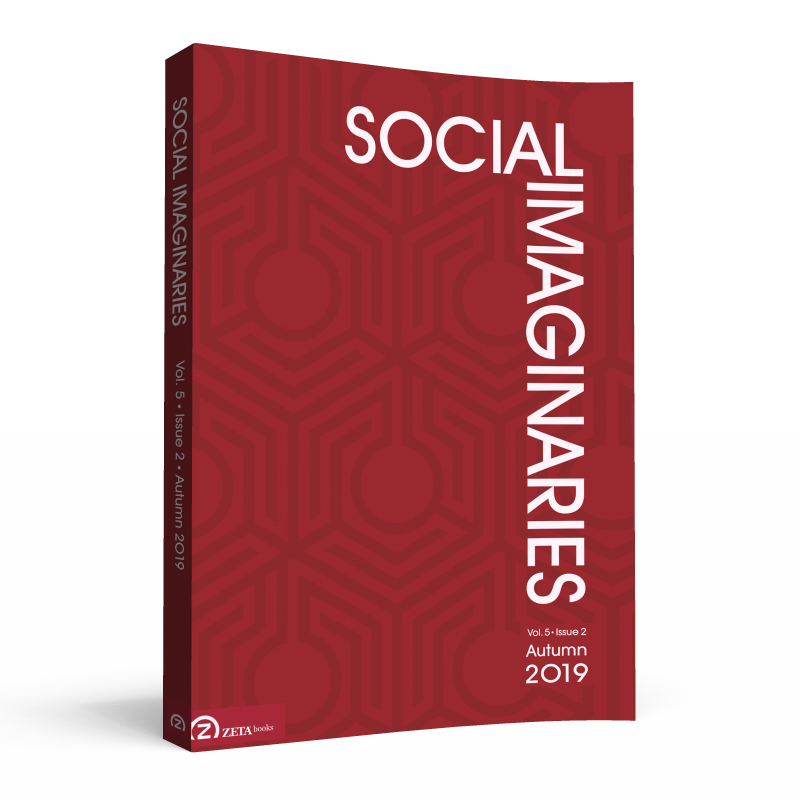Religio-Political Nexus and Political Imaginary in Russia
Religio-Political Nexus and Political Imaginary in Russia
Author(s): Yulia ProzorovaSubject(s): Social Sciences, Sociology, Applied Sociology, Social Theory, Sociology of Politics
Published by: Zeta Books
Keywords: religio-political nexus; Political Theology; Political imaginary; Social Imaginaries; Russia; Christianization; Autocracy;
Summary/Abstract: The essay contributes to the discussion of the religio-political nexus by examining the interplay between the religious and the political and the dynamics of political imaginary evoked by the Christianization and reception of Christian political theology in Russia. After a cursory overview of theoretical foundations underpinning the religio-political problematic, the essay introduces political theology as a constitutive element of the religio-political nexus and its most emphatic forms of theocracy and sacral rulership. Political theology sheds light on the gravitation between the religious and the political and the meta-institutional potential of the religio-political nexus. The essay fo- cuses on the creative appropriation of religious themes by political imaginary contributing to the institution of autocracy in Russia. Christian monotheism and religious worldviews along with Byzantine political theology introduced theocratic vision and comprised the conceptual-symbolic framework within which autocratic configuration of power was articulated and legitimized. The increasing dependence of the church on the secular authority and reinterpretation of the doctrine of symphonia resulted into the caesaropapism associated with absolute autocracy. ‘Monistic unity’, unification of all powers subjugated and embodied by a sacralised autocratic ruler evolved in Russia as a paradigmatic pattern with long-lasting effects.
Journal: Social Imaginaries
- Issue Year: 5/2019
- Issue No: 2
- Page Range: 105-139
- Page Count: 35
- Language: English
- Content File-PDF

